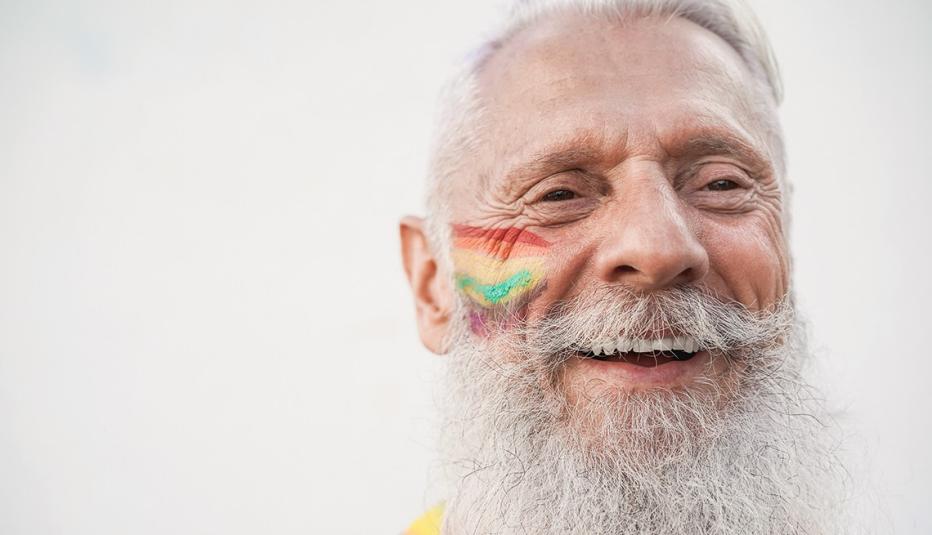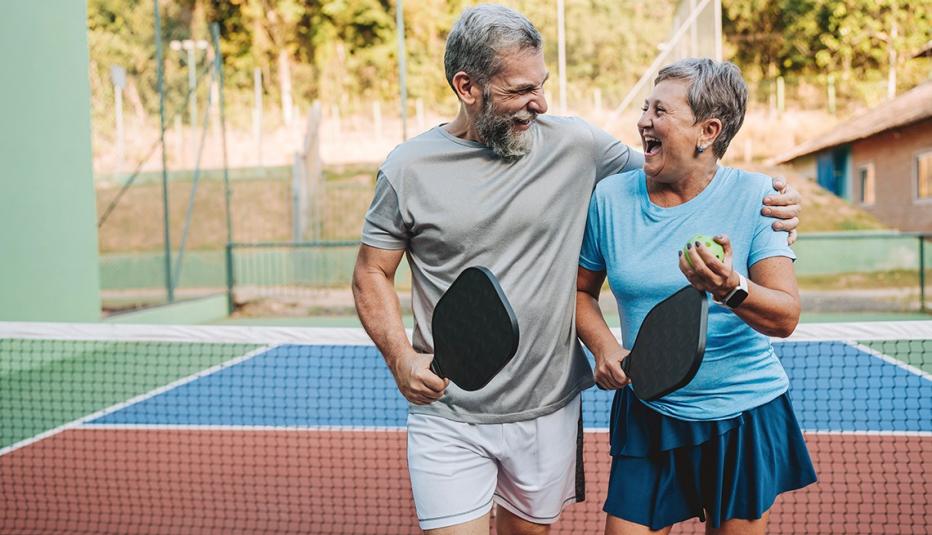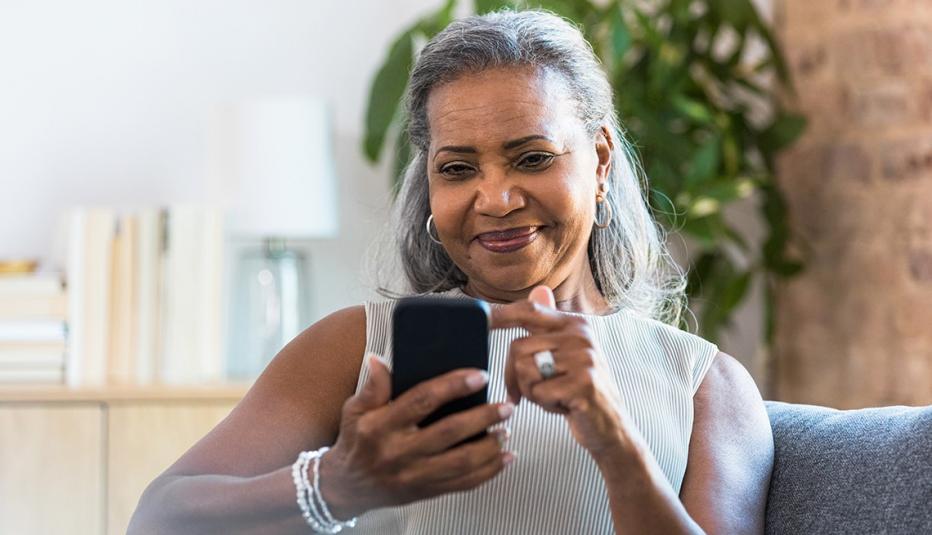AARP Hearing Center
Recent research by AARP finds that Americans today get tattoos for varied reasons and are generally satisfied with them. Most Americans, whether tattooed or not, believe society has become more accepting of people with tattoos. This acceptance has evolved alongside a greater appreciation of diversity, although many respondents fear that tolerance has diminished in recent years.


Perceptions of diversity and difference
To provide context, the survey asked more than 3,000 Americans not only about tattoos, but also their attitudes and beliefs on a wide range of topics, including diversity and difference.
Eighty-nine percent of respondents agree or strongly agree that society benefits from a diversity of traditions and lifestyles. An overwhelming 95% agree or strongly agree with the statement, “I respect other people’s beliefs and opinions.”
There are some differences among age groups, with people under age 50 more likely to strongly agree with both statements. Agreement was lowest among people age 65 and over.
Most adults also believe that tolerance for different beliefs or opinions has declined compared with 10 years ago. Among adults age 50 and older, 32% believe people are much less tolerant, and 45% believe people are somewhat less tolerant.
Prevalence of tattoos
Among survey respondents, 25% have tattoos. Sixty percent of respondents with a tattoo also have a piercing. Pierced ears are the most common type of piercing, found in 93% of respondents. Women and young adults are most likely to have piercings or tattoos.
Respondents seem happy with the status quo around piercings, with 84% of respondents saying they are not very likely or not at all likely to get another piercing in the future. For those who do plan to get another piercing, it is most likely to be in the ear or nose.
Most people with tattoos have only one (26%), while 19% have two and 13% have three. Thirteen percent of respondents have 10 or more tattoos.
People with tattoos are extremely (51%) or somewhat (25%) likely to get another tattoo, while 85% of those without tattoos are not very or not at all likely to get one.
Acceptance of tattoos
Most American adults believe society has become more accepting of people with tattoos, with 75% of respondents agreeing. Among people without tattoos, the majority (71%) have a neutral impression when they see a tattoo on someone else. Men are more likely to have a negative impression of a person with a tattoo (27%), as are people over age 65 (38%).
More than half of nontattooed adults believe having a visible tattoo makes it harder to find a job (58%), and 18% believe people with visible tattoos cannot work in a professional setting.
Most respondents with tattoos say they are visible to the public most of the time (60%). Those with visible tattoos say they have purposefully covered their tattoos for a job interview (24%), while at work (17%), or while attending a work event (11%). Meanwhile, 64% of people with visible tattoos say they have never covered them.
Most of those with tattoos say that their tattoos make them feel independent (33%), attractive (22%), or sexy (20%). Nearly a quarter of respondents, however, think most people who get tattoos get them impulsively and/or when intoxicated (24%), while 5% believe tattoos signify criminality or gang affiliation.
Freedom of expression
The overwhelming majority of people with tattoos are satisfied (75%) or somewhat satisfied (19%) with them. People’s reasons for getting tattoos are varied; some of the most popular are remembering or honoring someone (44%), self-expression (38%), expressing creativity (32%), or to mark a significant experience or struggle (24%). Only 16% of respondents with tattoos say they have altered or changed a tattoo.
These attitudes seem to coexist with general feelings of good health and contentment: 41% of people with tattoos and 48% of people without tattoos rate their overall health as excellent or very good. More than half of respondents (54%) rate their life satisfaction as 8, 9 or 10 on a 10-point scale. However, people without tattoos are more likely to rate high life satisfaction (57%) than people with tattoos (45%).
Across the survey populations, American adults generally agree that they have a system of values that guides their activities (91%). They are at peace with their pasts (83%) and have a philosophy of life that helps them understand who they are (82%). Sixty-eight percent feel like they are living fully. These findings are generally consistent regardless of tattoo status, with nontattooed adults over age 50 the most likely to agree that they are living fully (76%).
Methodology
These findings are based on a survey conducted in December 12–19, 2024, among U.S. adults 18 and older to learn more about the views of and experiences with tattooing and body modification. The sample of 3,076 adults 18 and older was pulled from Ipsos’ KnowledgePanel®, with data weighted to the latest Current Population Survey (CPS) benchmarks developed by the U.S. Census Bureau. They are balanced by sex, age, education, race/ethnicity and region such that the final weighted data reflect the U.S. population of adults ages 18 and over.
For more information, please contact Cheryl Lampkin at clampkin@aarp.org. For media inquiries, contact External Relations at media@aarp.org.






































































